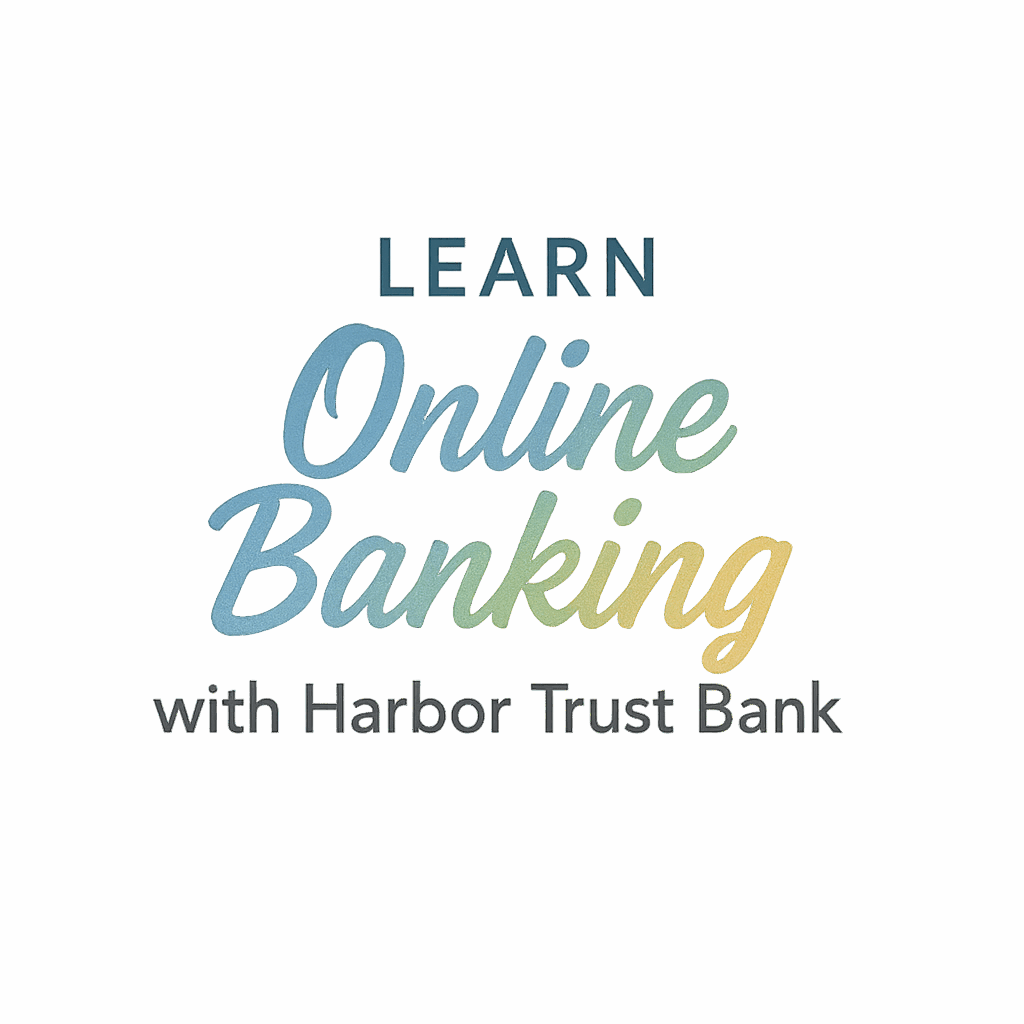Managing money as a family can sometimes feel like juggling flaming swords on a tightrope. But with online banking, you can turn that chaos into calm with just a few taps and clicks. Whether you’re a couple starting out, a family with kids, or managing multigenerational finances, online banking can make life easier.
In this guide, we’ll explore 10 online banking tips for families managing finances, so you can handle everything from allowances to emergency funds—all from your smartphone.
Let’s dive in.
Why Online Banking Matters for Families Today
The Digital Shift: Family Finances in the 21st Century
Gone are the days of paper statements and handwritten budgets. Today’s families are mobile, busy, and digital-first. Online banking is no longer just a convenience—it’s a necessity. It empowers families to stay connected, make real-time decisions, and save time.
Explore the getting started guide if you’re new to digital banking as a family.
1. Set Up a Shared Online Banking Account
Benefits of Shared Accounts for Couples and Families
A shared account is a game-changer. It allows you to:
- Pay joint bills easily
- Track shared expenses like groceries, rent, or school fees
- Avoid “who paid for what?” arguments
It’s ideal for parents who want financial transparency or even roommates trying to split rent.
Want help with that? Learn how to set up shared accounts with ease.
2. Use Parental Controls to Monitor Spending
Teaching Kids Smart Spending Early On
Giving kids access to money doesn’t have to be scary. With the right parental controls, you can:
- Set spending limits
- Restrict certain types of purchases
- Get alerts for every transaction
This teaches them responsibility without handing over full control.
Visit the parental controls guide to see what tools you can use.
3. Enable Multi-User Access with Permissions
Customize Access Based on Age and Role
Not everyone in your household needs full control over the bank account. Luckily, you can create tiered access:
- Kids can check balances
- Teens can manage allowances
- Parents maintain full control
Assign roles with care. It’s like giving each person their own set of keys, not the whole house.

4. Automate Bill Payments for Household Expenses
Why Automation Makes Family Finance Easier
Tired of forgetting due dates? Automation is your best friend. Set up auto-pay for:
- Rent or mortgage
- Utilities
- Streaming services
- Tuition
This reduces stress and late fees while helping you stay organized.
Check out Harbor Trust’s automation tips to get started.
5. Use Budgeting Tools to Stay on Track
Planning for Groceries, School Fees, and Emergencies
Budgeting doesn’t have to be a dreaded spreadsheet. Online banking apps often come with:
- Visual spending categories
- Monthly caps
- Real-time updates
Budgeting is like GPS for your money—you always know where you’re going.
Looking for extra advice? Try these smart tips and tricks.
6. Schedule Weekly Family Finance Check-Ins
Building Healthy Financial Habits Together
Make it a routine—just like movie night or Sunday dinners. A 15-minute check-in helps:
- Review budgets
- Celebrate savings goals
- Address surprises (like unexpected medical bills)
It’s not about control. It’s about communication.
7. Enable Alerts for Every Family Member
Notifications That Keep Everyone in the Loop
Alerts can be a lifesaver. You can set up text or email notifications for:
- Account logins
- Large purchases
- Failed transactions
This keeps your finances transparent and secure.
Use the alert settings guide to customize notifications.
8. Prioritize Online Banking Security
How to Keep Your Family’s Data Safe
If your home Wi-Fi is password-protected but your banking password is “1234”—we need to talk.
Here’s how to secure your family account:
- Use strong, unique passwords
- Enable two-factor authentication (2FA)
- Avoid public Wi-Fi
Security isn’t optional—it’s a must. Visit Harbor Trust’s security and privacy guide for more.
You can also dive into account security tips for deeper insight.
9. Teach Kids About Online Banking Basics
Making It Simple for Young Users
Your kids will grow up in a world where digital money is the norm. Teach them how to:
- Check balances
- Transfer money safely
- Recognize phishing scams
Make it a part of their digital literacy—like learning to ride a bike but for their wallet.
Start with this helpful beginner’s guide.
10. Use Goals-Based Savings Features
Saving for Vacations, Emergencies, and College
Most online banking platforms offer goals-based savings tools. You can:
- Create virtual “buckets” for each goal
- Automatically transfer money weekly/monthly
- Track your progress visually
It’s like a digital piggy bank—except smarter.
Explore Harbor Trust’s advanced features to see how to set this up.
Conclusion: Managing Family Finances Doesn’t Have to Be Complicated
Family life is already full of surprises—finances don’t have to be one of them.
Online banking helps you simplify, save time, and stay connected as a team. Whether it’s teaching your kids about money or syncing up bills with your partner, these tools are here to help.
Need more tools to get started? Check out Harbor Trust Bank for guides, features, and tips.
Start smart. Stay safe. And most importantly—do it together.
FAQs
1. What’s the best way to introduce online banking to kids?
Start small. Give them access to a view-only account and teach them how to check balances and track spending.
2. How can I monitor my teen’s online banking usage?
Use parental controls and transaction alerts to stay informed. Set limits and talk regularly about responsible spending.
3. Is it safe for families to use shared online banking accounts?
Yes, if you follow strong security practices like using unique passwords, 2FA, and secure connections.
4. What if my child makes an unauthorized purchase?
Most banks offer fraud protection and activity alerts. Set up transaction notifications to catch it early.
5. Can I restrict what my kids can do in an online banking app?
Absolutely. Many platforms like Harbor Trust allow for role-based access and permissions.
6. How often should families check their budgets?
A quick check-in every week can go a long way. Make it a habit like Sunday planning or dinner table talks.
7. Are there tools that help families automate savings?
Yes! Look for banks with automation features and goals-based savings tools.


